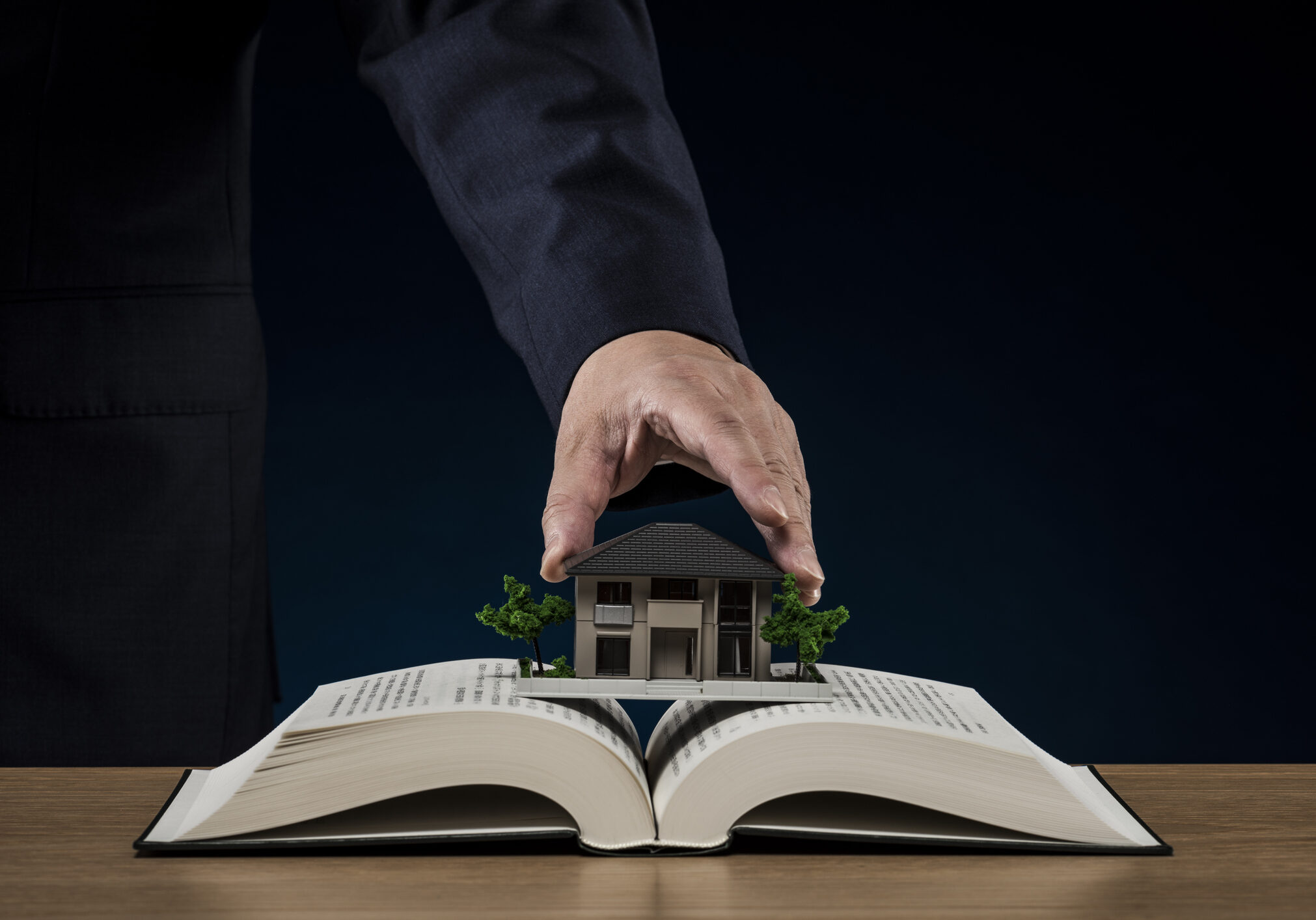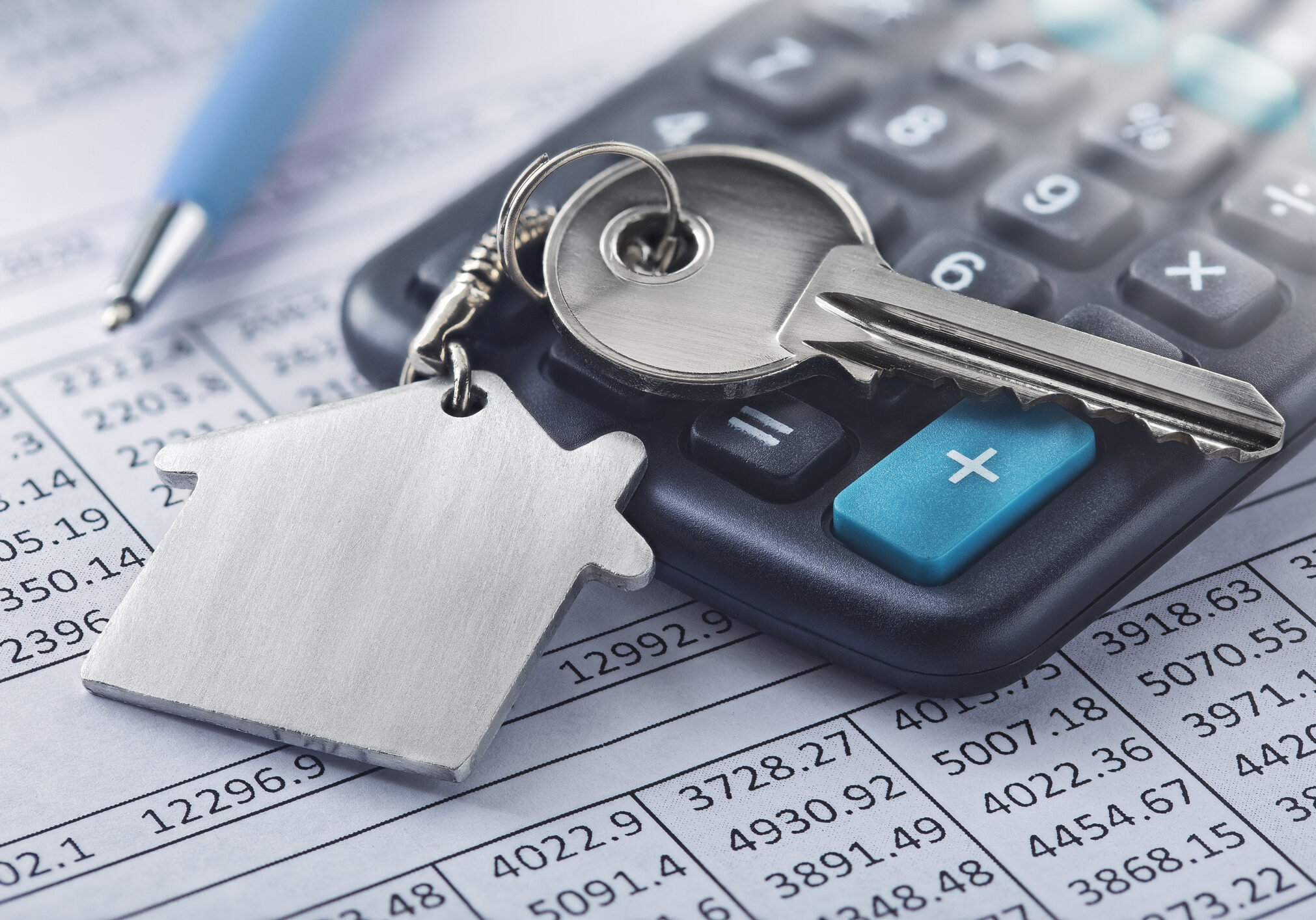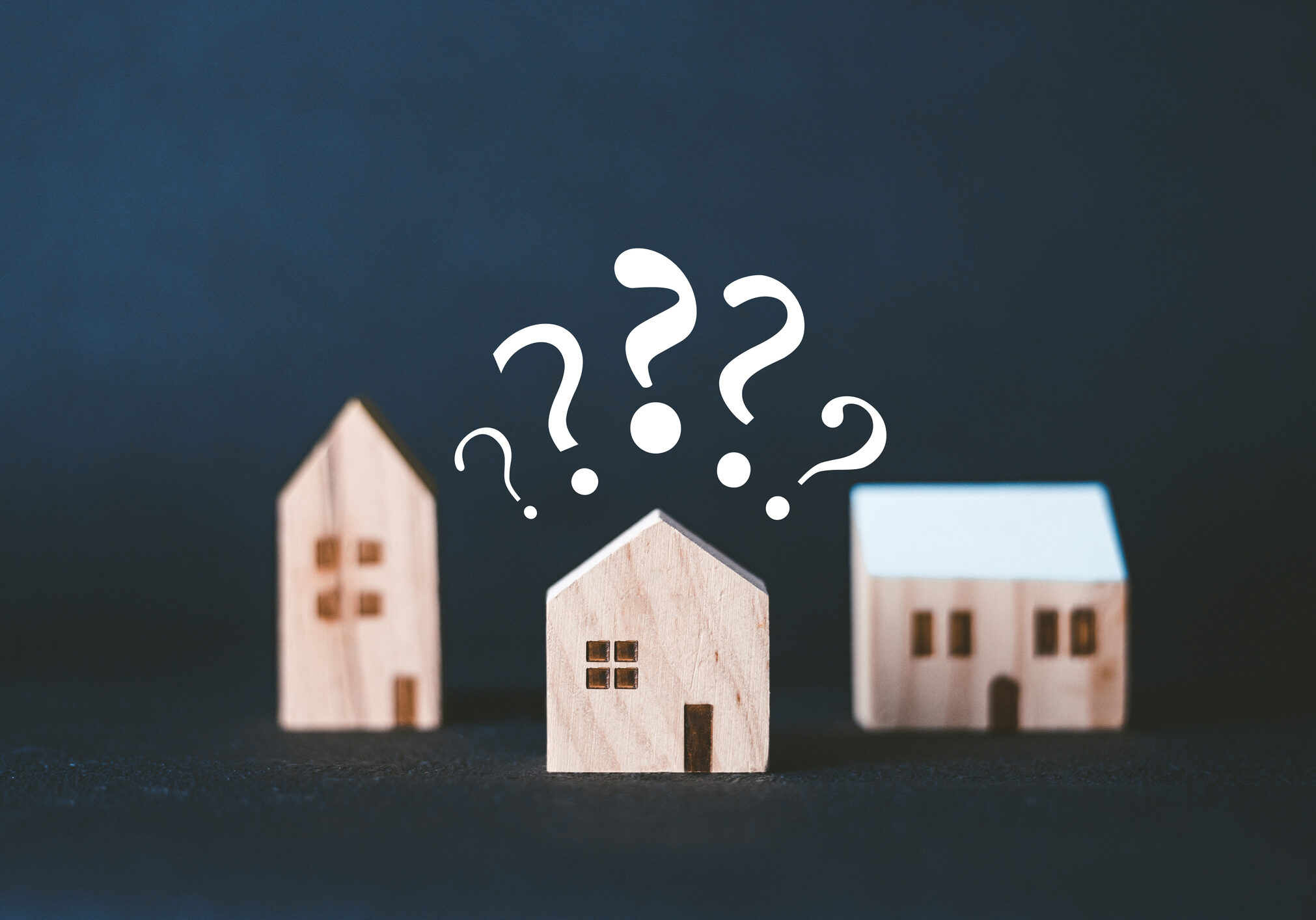Non qm loans (non-QM), or a non qualified mortgage, is a home loan designed to help home buyers who can't meet the strict criteria of a qualifying mortgage. For example, if you are self-employed or don't have all the necessary documentation to qualify for a traditional conventional mortgage, you might need to look at non qm loans. The best way to understand a non-qualifying mortgage is to look at the criteria for traditional, qualifying mortgages.
To qualify for a traditional mortgage, you must meet the following requirements:
Income : You must have verifiable income, including pay stubs, W-2s, and tax returns.
Debt : Your debt-to-income ratio (DTI) must be 43% or less. This is the amount of your monthly income that goes toward your existing debts.
Limits on fees : Points and fees on your loan cannot exceed 3% of the loan amount.
No risky loan features : Risky features include interest-only loans (where you only pay interest without reducing the principal), negative amortization (where your principal can increase, even while you are making payments), or balloon payments (where a larger payment can be tacked on to the end of the loan).
Loan term : The loan term must be 30 years or less.
If you can't check all the above boxes, you'll need to look into non-qualifying mortgages. Essentially, mortgage lenders need to know you can repay your loan. The above regulations also protect buyers from risky loans. These minimum standards for qualified mortgages are part of the 2010 Consumer Protection Act and Dodd-Frank Wall Street Reform Act. Today, if lenders follow these strict lending guidelines, they are protected from liability. Borrowers cannot come back (as many did during the Great Recession) and claim that a lender knew they could not make the monthly payments.
Non qm loans or non-qualified mortgages are not backed by government agencies like FHA, VA, Fannie Mae, and Freddie Mac.

Alternative to a non-qualified mortgage
If your credit score is low or your income is difficult to prove, you do have another option. Before you give up on buying a home, consider an owner financed property. If the situation that prevents you from obtaining a qualifying mortgage will pass in a few years (for example, a bankruptcy will fall off your credit report, or your DTI will be lower), consider looking for a home that the current owners are willing to finance.
This is how it works: You agree on terms, like how long the owner will act as a lender and the interest rate you will pay. You make a down payment, but rather than making monthly payments to a mortgage lender, you pay the previous owners.
Like a financial institution, the previous owner can repossess your home if you default on the loan.
Owner finance arrangements are not without risks. They normally include a "balloon payment" due three to five years down the road. At that point, you apply for a traditional mortgage and use the funds to pay the previous owner in full.
Once the previous owner is out of the picture, you make your monthly payments to the new lender.
Taking the time to find the right loan can save you thousands of dollars over time.






